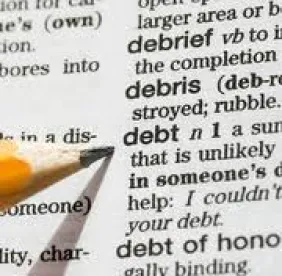The CFPB has withdrawn its request to OMB to conduct an online survey of 8,000 individuals as part of its research on debt collection disclosures. Last month, the CFPB published a notice in the Federal Register that it was submitting its request to OMB and solicited comments which were due by December 14, 2017.
The CFPB’s withdrawal of its request appears to reflect the 30-day regulatory freeze announced by Mick Mulvaney, President Trump’s appointee as CFPB Acting Director. The withdrawal notice states that “Bureau leadership would like to reconsider the information collection in connection with its review of the ongoing related rulemaking.”
In July 2016, in anticipation of convening a SBREFA panel for the CFPB’s debt collection rulemaking, the CFPB issued an outline of the proposals it was considering. The proposals included revisions to the form and content of the validation notice, new disclosures for time-barred debts, and a new “obsolescence disclosure” informing the consumer whether a time-barred debt can appear on a credit report. The coverage of the CFPB’s SBREFA proposals was limited to “debt collectors” that are subject to the FDCPA.
When it issued the proposals, the CFPB indicated that it expected to convene a second SBREFA panel in the “next several months” to address a separate rulemaking for creditors and others engaged in debt collection not covered by the proposals. However, in June 2017, former CFPB Director Cordray announced that the CFPB had decided to proceed first with a proposed rule on disclosures and treatment of consumers by debt collectors and thereafter write a market-wide rule in which it will consolidate the issues of “right consumer, right amount” into a separate rule that will cover first- and third-party collections.
When former Director Cordray announced the CFPB’s change in rulemaking plans, some observers had theorized as a possible rationale that CFPB leadership believed a rule dealing only with third party debt collectors might face less Republican opposition. Whether debt collection rulemaking by the CFPB will move forward at all under Mr. Mulvaney or a permanent CFPB Director appointed by President Trump is an open question.



 />i
/>i

